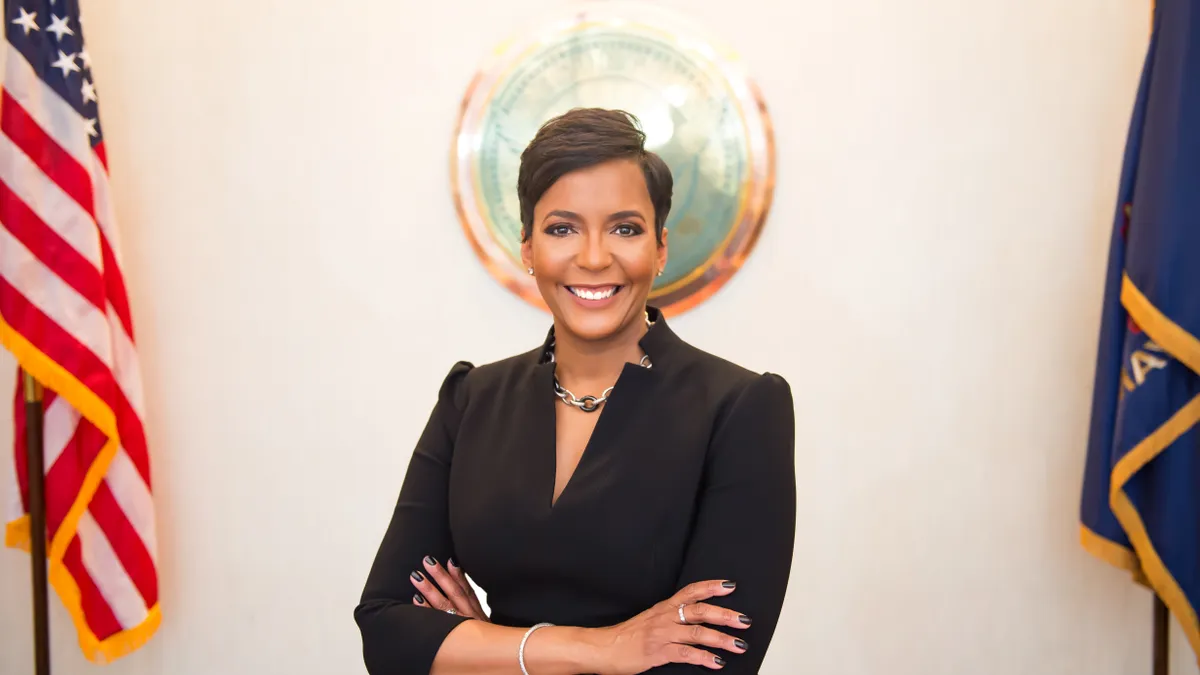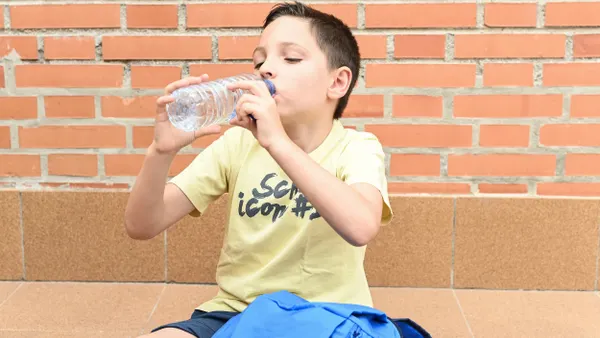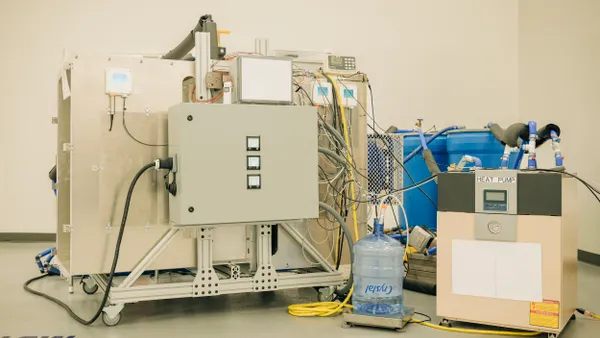Atlanta Mayor Keisha Lance Bottoms was thrust into the national spotlight this year following a series of tumultuous and career-shaping events, including the devastating COVID-19 pandemic, social justice demonstrations and a lawsuit from Georgia Gov. Brian Kemp.
While many city leaders have faced unprecedented obstacles in 2020, Bottoms has seen unique challenges as a Black woman mayor in a conservative state, according to Bloomberg Associates Chief of Staff Ernesto Freire. Her leadership amid this contrast has gained the attention of President-elect Joe Biden's incoming administration, which is reportedly considering Bottoms for Secretary of Housing and Urban Development (as of publication).
"She can be a cheerleader, she can be a leader, she can harness the angst of what her residents are feeling while at the same time showing that she’s got the operational chops to make actual change happen," Freire said.
A busy start to 2020
Bottoms' coronavirus mitigation began in February — weeks before a state of emergency was declared locally and nationally — with the creation of the Mayor’s Pandemic Coordination Team, led by the city’s Chief Health Officer Angelica Geter Ferguson and Director of Emergency Preparedness Felipe den Brok.
By March 16, Bottoms issued an executive order declaring a state of emergency. In the proceeding days, she issued additional executive orders that limited the size of public gatherings; placed a temporary moratorium on residential evictions; created a $7 million emergency fund emergency aid for individuals affected by COVID-19; and more.
Other initial highlights of her COVID-19 response include a plan to distribute about half of the city's $88.5 million in coronavirus relief funds to small business and rent relief efforts. The city announced its $22 million rent relief program would expand to reach up to 7,000 people, the Atlanta Journal-Constitution reports.
The mayor did hit some rough patches, however, most notably testing positive for COVID-19 in July. Weeks prior to that diagnosis, Georgia’s Republican Gov. Brian Kemp filed a lawsuit against the Atlanta City Council and Bottoms over efforts to enforce a mask-wearing mandate in public places. At the time, there were about 106,000 people in Georgia who tested positive for the coronavirus and 3,104 who died, Bottoms wrote in a tweet.
Kemp dropped the lawsuit in August, with NPR reporting that Bottoms agreed to some compromises but refused "to budge on the mask requirement."
Bottoms also led Atlanta residents through a period of racial reckoning following the police killings of George Floyd and Rayshard Brooks, a 27-year-old Black man and Atlanta resident. The mayor gave an impassioned speech in late May following those events, pleading with individuals to stop demonstrations that had escalated into violence, according to WXIA.
In August, Bottoms issued an administrative order to address the racial inequities heightened by the pandemic.
"After becoming Mayor of Atlanta, it was clear that while the city was growing, many of our residents were still being left behind," Bottoms said in a statement to Smart Cities Dive. "My goal was to address these growing disparities and tackle years of systemic racism and prejudice head on. Through a global pandemic and with little federal or state support, I am proud to say Atlanta has led by example and is making great strides towards becoming a more affordable, resilient, and equitable city."
Pathways to recovery
While Bottoms' response to these moments of racial reckoning brought national praise, it also resulted in some scrutiny. To correct racial injustices, critics said she must do more to elevate economic mobility within the city, according to the Atlanta Journal-Constitution.
Looking ahead, Bottoms and Invest Atlanta have released the "One Atlanta: Economic Mobility, Recovery & Resiliency Plan" to help navigate the city’s economic recovery, particularly to help achieve better economic outcomes for the city’s Black and Brown communities. Some of the plan’s pathways to improved economic mobility revolve around improving neighborhood health and safety, including air quality, housing and access to transit, healthy foods and safe spaces.
A lack of affordable housing has been another key point of criticism throughout her tenure, as some residents say her administration is not doing enough to mitigate what they’ve called an affordable housing crisis. The One Atlanta plan addresses this criticism by calling for the creation or preservation of 20,000 affordable homes by 2026, which will include $1 billion investments from public, private and philanthropic sources.
The plan will also create thousands of jobs and provide critical business support for long-standing Atlanta residents and businesses, according to the mayor.
"This past year has shone a light on racial injustice, inequitable access to healthcare, the vulnerabilities of our low- and middle- income workers, and the growing divisions and mistrust within our communities," she said in a statement. "We are indeed proud, but we are also focused."




 Read more
Read more






